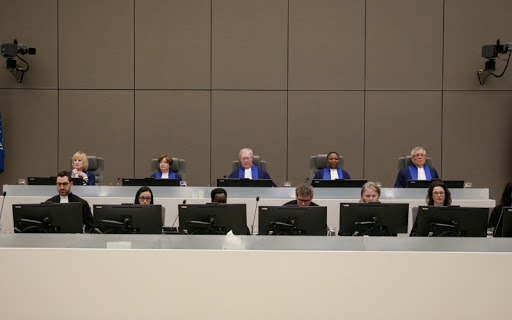States spend a great deal of time and effort justifying their actions with reference to international law and by making legal arguments. Yet international relations scholars have often doubted international law's ability to shape state behaviour. This module examines this paradox by introducing the major debates about the politics of international law. These perspectives will be applied to the history of international organisations and (legal) order in general, but particularly since the creation of the United Nations in 1945. Over the course of the module, we will be examining different theoretical arguments about where international law originates, whose interests it purportedly serves, how states justify their actions with respect to international law, and how state behaviour is shaped by international law. To explore these arguments, we will be looking at case studies such as the humanitarian intervention debates of the 1990s regarding Rwanda and Kosovo, the invasions of Iraq and Ukraine, the Nuremberg and Tokyo tribunals, the establishment of the International Criminal Court, its cases against African, Israeli and Hamas leaders, global human rights movements, and the crime of ecocide.

POL259 - POLITICS OF INTERNATIONAL LAW - 2025/26
States spend a great deal of time and effort justifying their actions with reference to international law and by making legal arguments. Yet international relations scholars have often doubted inte...